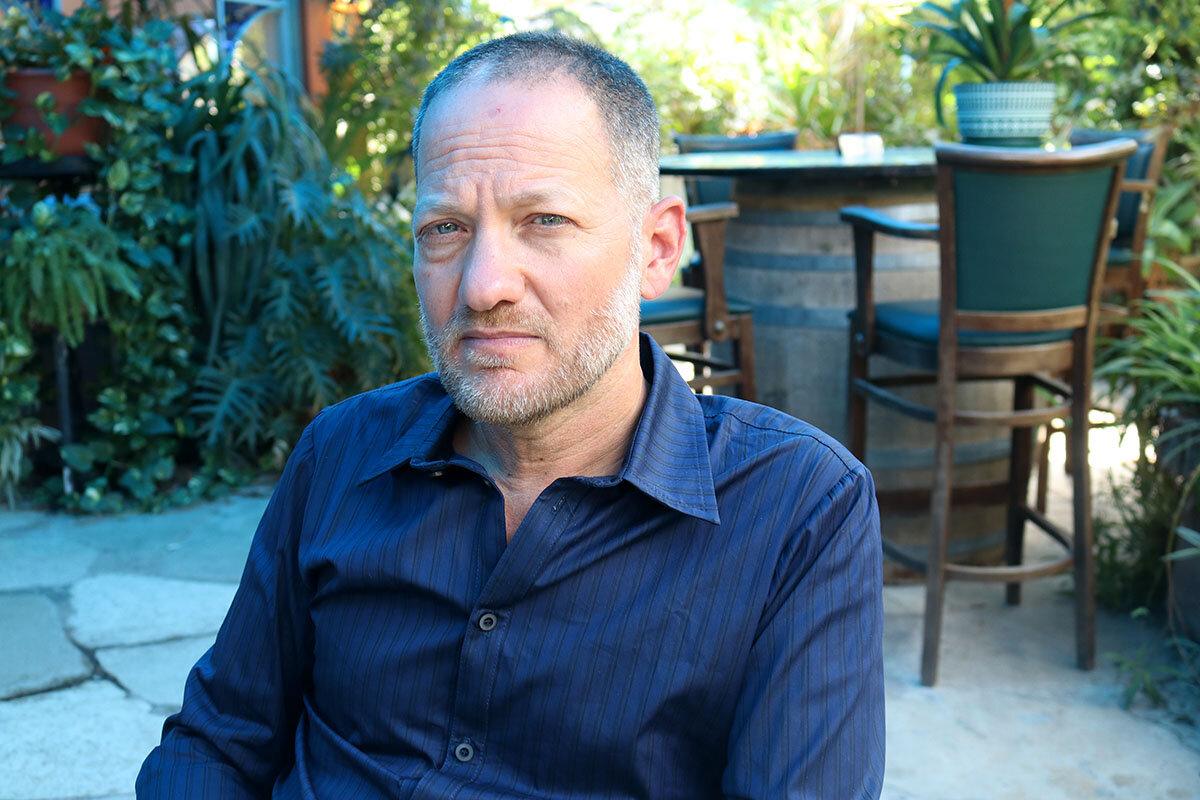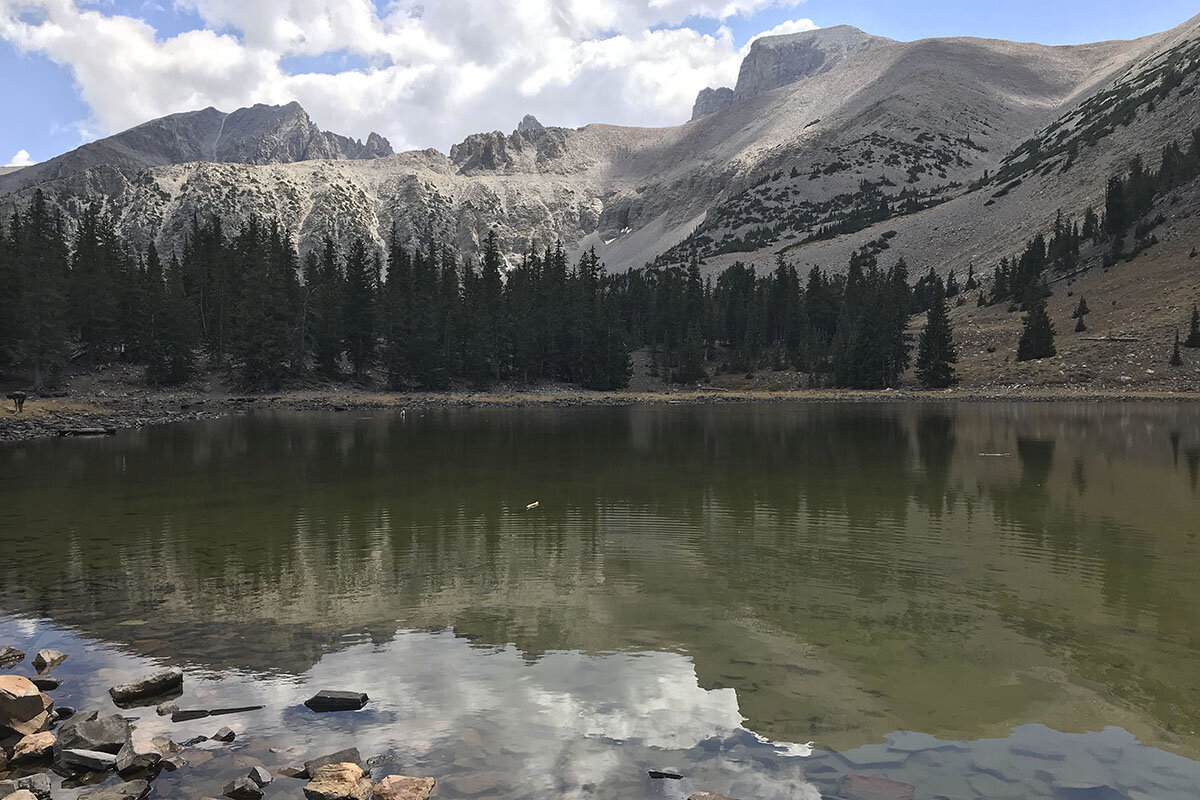The largest mass shooting incident in Maine leaves a community shell-shocked and, because of a lockdown and search, unable to gather and mourn together.
Monitor Daily Podcast
- Follow us:
- Apple Podcasts
- Spotify
- RSS Feed
- Download
 Peter Grier
Peter Grier
They melted down Robert E. Lee in secret. The bronze statue of the Confederate general on a horse that stood in Charlottesville, Virginia, for nearly a century, that is.
Swords Into Plowshares, the nonprofit that owned the statue, was concerned about violence if the deed had been public. So it trucked the statue to an out-of-state foundry where it was cut up and turned into bronze ingots. The nonprofit announced that at a Thursday news conference.
This is the Lee statue that was at the center of a white supremacist rally protesting city removal plans in 2017. The rally turned deadly when a neo-Nazi rammed and killed a counterprotester with his car.
Charlottesville then fought against legal efforts to preserve the monument. The city finally hoisted it off its stone plinth in 2021. Then they donated it to a coalition that proposed to melt it and repurpose it into new public art.
Why plan such a dramatic transformation? Why not just warehouse the statue?
Because taking a monument down should be as ceremonial as putting it up, said members of the Swords Into Plowshares initiative on Thursday. That gives the community a chance to recognize that it, itself, has changed.
“Creativity and art can express democratic, inclusive values. We believe that art has the potential to heal,” said Jalane Schmidt, a religious studies professor at the University of Virginia and project leader.
Swords Into Plowshares is just starting the selection of a jury that will, in turn, pick an artist or group of artists to make replacement artwork.
“We have a lot of work to do,” said Ms. Schmidt. “This is the end of the beginning.”











